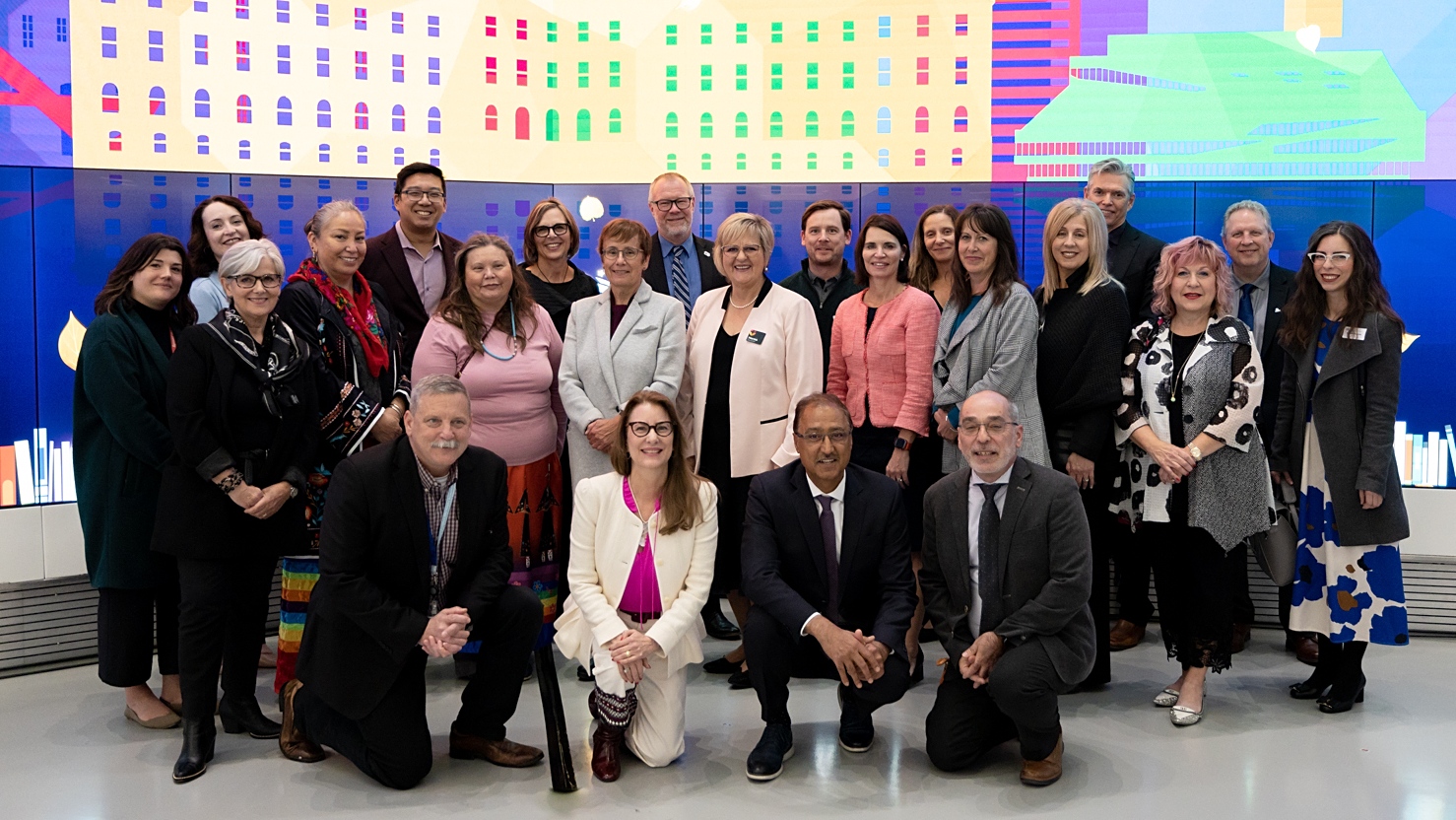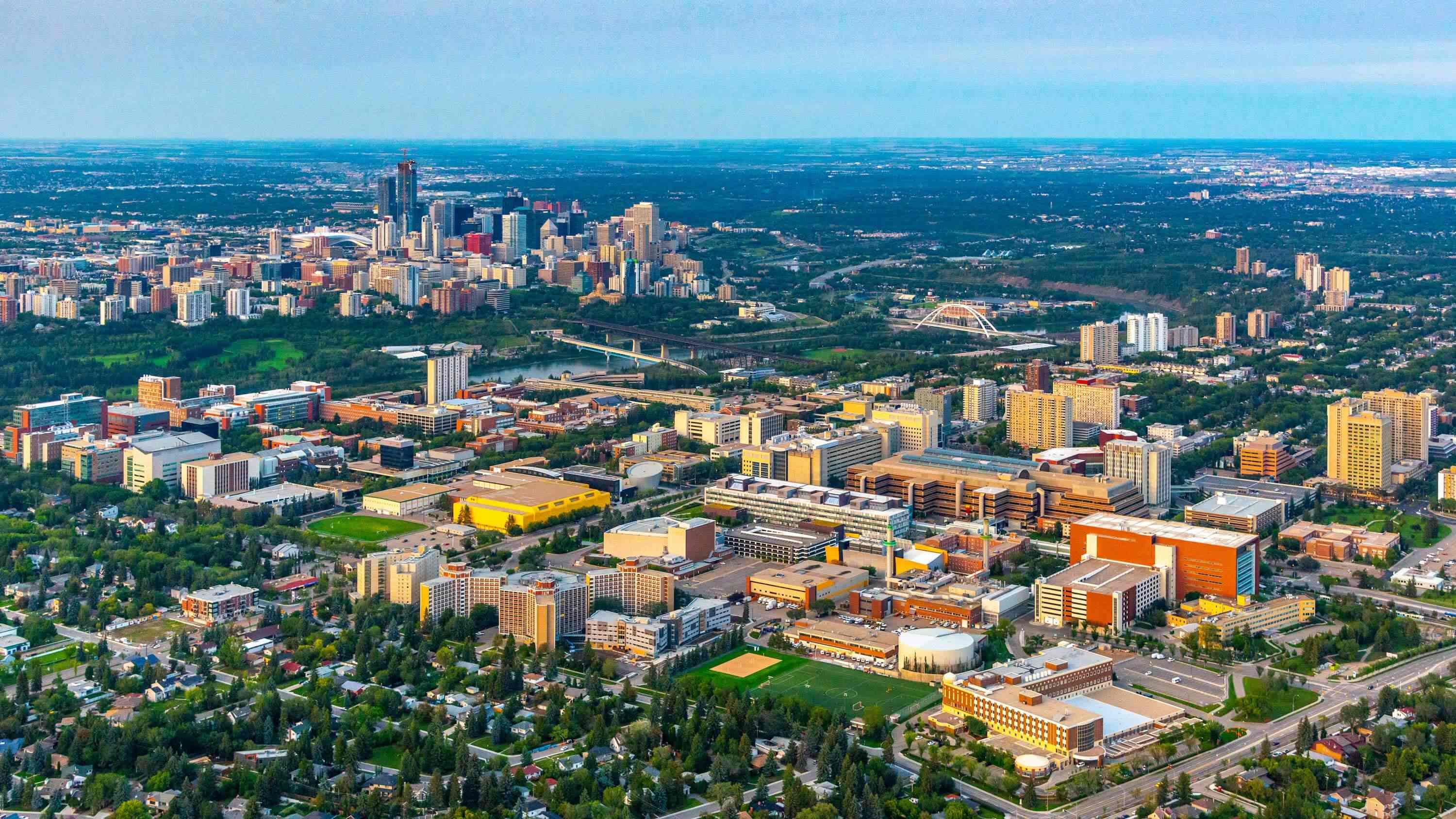With significant contributions from the University of Alberta in its winning application, Edmonton has been selected to join UNESCO’s Global Network of Learning Cities.
The designation, announced today, means UNESCO will share local innovations and successes with other members of the network around the world while promoting a range of inclusive and accessible learning opportunities — from the essential and informal to those of higher education.

The network aims to extend education to families and diverse communities, as well as facilitate learning in the workplace, maximize digital learning technologies and foster a culture of lifelong learning. It also places a strong emphasis on empowering individuals and promoting social inclusion while enhancing economic development and cultural prosperity.
“The world’s most innovative, entrepreneurial centres all have one thing in common – at their heart is a world-leading, research-intensive university. And that’s what we have in Edmonton with the University of Alberta,” says U of A president Bill Flanagan.
“From Dr. Michael Houghton’s Nobel Prize-winning accomplishment to the groundbreaking discoveries that happen across our campuses in numerous fields, we open doors to possibilities.
“This first-in-Canada recognition for Edmonton as a UNESCO Learning City aligns with the U of A's commitment to fostering equity, diversity and inclusivity — a commitment reflected in programs like U School, where under-represented students in grades 4-9 can see themselves as future change makers and community builders.”
The city’s successful application cited a number of innovative U of A learning initiatives and research centres, including the Indigenous Canada online course hosted by the Faculty of Native Studies, the Institute for Sexual Minorities Studies and Services (iSMSS) in the Faculty of Education and the Alberta Machine Intelligence Institute (Amii), a global leader in artificial intelligence research with connections to the university and industry.
Also cited were Humanities 101 and the Edmonton Lifelong Learning Association, a partnership between the city and the Faculty of Extension providing non-credit courses for learners aged 50 and over.
Under Advanced Education and Workforce Training, examples from the U of A included Campus Saint-Jean as the only French-language faculty west of Manitoba, the Aboriginal Teacher Education Program and the Women and Children’s Health Research Institute.
U of A virologist Michael Houghton, who won the 2020 Nobel Prize in Medicine for his discovery of the hepatitis C virus, commented in the application on the strength of Edmonton’s biotechnology sector.
Membership in the network includes a commitment to five goals over the next 10 years, which include supporting the United Nations’ 17 Sustainable Development Goals, building on the city’s current learning strengths across sectors and promoting Edmonton’s learning strengths locally, nationally and internationally.
Edmonton’s application included contributions from the city’s eight post-secondary institutions, three school divisions and the Edmonton Public Library. It also highlighted attractions such as the Edmonton Valley Zoo, Fort Edmonton Park, the City Hall School and park systems such as the River Valley Alliance and the John Janzen Nature Centre.
